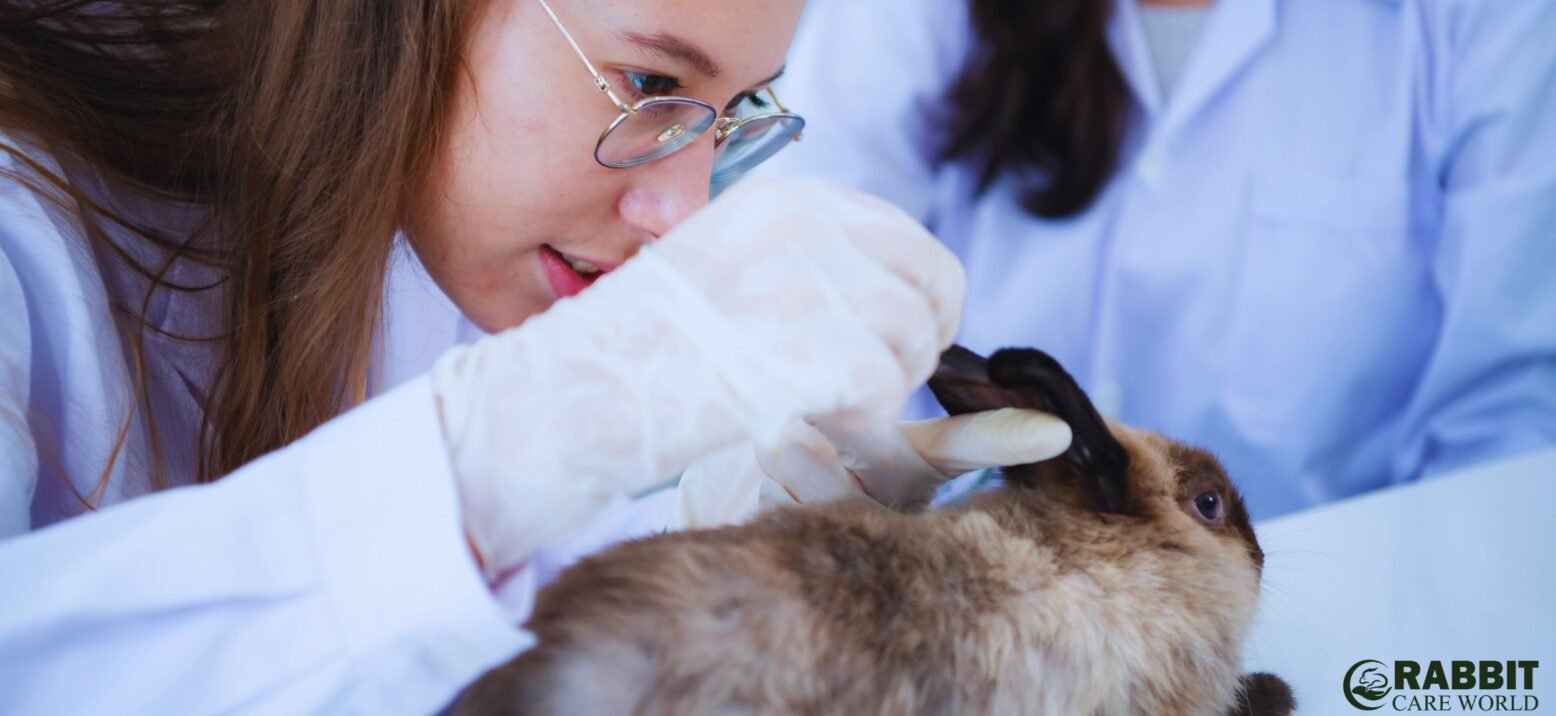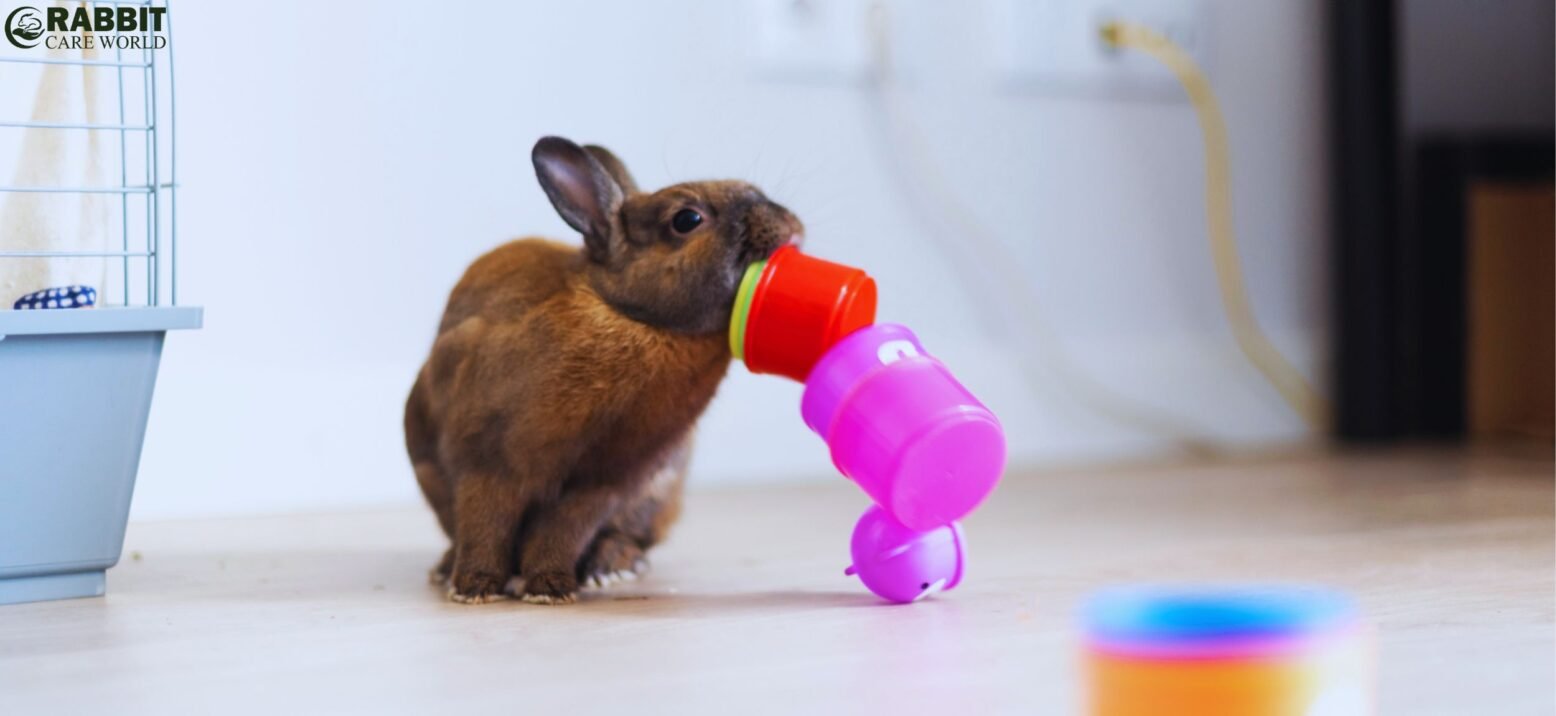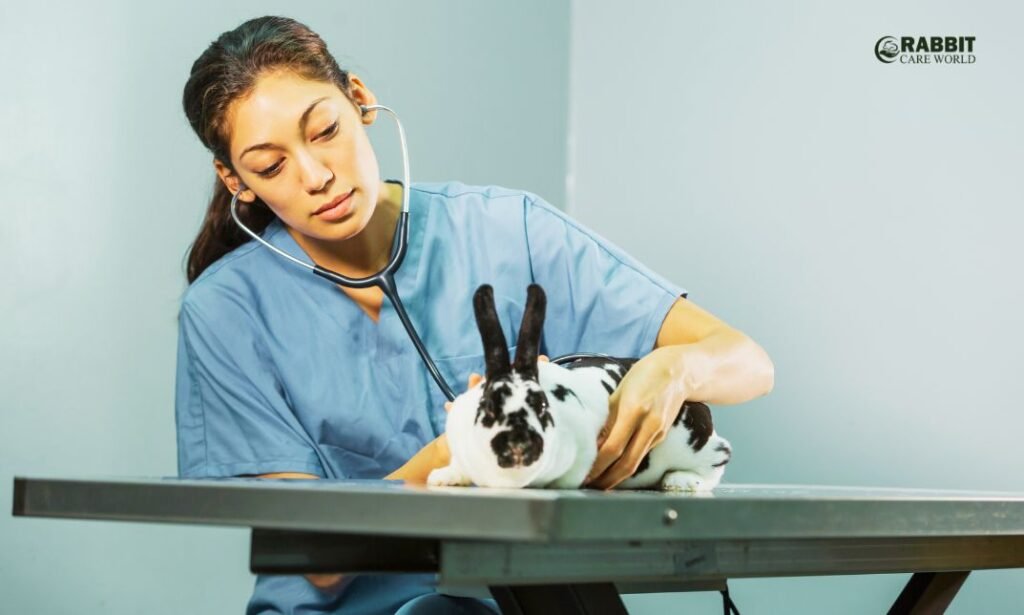Seeing your bunny sick can be very worrying. You want to help but don’t know what to do. What do you do when your bunny is sick? Learn everything here!
Bunnies are delicate creatures, and when they fall ill, their condition can change quickly. Knowing the signs of illness and how to respond is crucial. This blog will guide you through the steps to take if your bunny shows symptoms of being unwell.
From recognizing the first signs to providing the right care, you’ll find practical advice to keep your furry friend safe. Learn how to spot common health issues, when to seek a vet, and how to make your bunny comfortable. Understanding these basics can make a big difference in your bunny’s health and happiness. So, let’s get started on ensuring your bunny gets the best care possible when they need it most.
Table of Contents
ToggleRecognizing Signs Of Illness

Being aware of your bunny’s health is crucial. Recognizing signs of illness early can save their life. Here, we will discuss common signs indicating your bunny might be sick.
Behavioral Changes
Bunnies show their feelings through behavior. Any sudden change might signal illness.
- Loss of Appetite: Bunnies love to eat. If they stop, something is wrong.
- Lethargy: Active bunnies becoming lazy can indicate illness.
- Aggression: Sudden aggression might mean pain or discomfort.
- Hiding: Bunnies hide when they feel unwell.
Physical Symptoms
Physical signs are clear indicators of a bunny’s health. Look out for these symptoms:
| Symptom | Description |
|---|---|
| Runny Eyes or Nose | Could be a sign of respiratory infection. |
| Labored Breathing | Difficulty breathing is a serious issue. |
| Weight Loss | Noticeable weight loss needs attention. |
| Diarrhea | Can lead to dehydration quickly. |
| Unusual Lumps | Lumps could be tumors or abscesses. |
Monitoring your bunny’s health is essential. Early detection can make a big difference.
Immediate Actions To Take
When your bunny is sick, quick action is essential. Immediate steps can make a huge difference in their recovery. Here are some crucial actions to take right away:
Isolate The Bunny
First, isolate your bunny from other pets. This minimizes stress and prevents spreading any illness.
Prepare a quiet, comfortable space. Use a small room or a separate cage.
Ensure the area is clean and free of hazards. Remove any harmful items.
| Step | Description |
|---|---|
| Find a Quiet Space | Away from noise and other pets |
| Clean Area | Remove any harmful items |
| Separate Cage | Use a small, safe cage |
Keep Bunny Warm
Sick bunnies often struggle to maintain body heat. Keeping your bunny warm is vital.
Use a soft blanket or towel. Cover them gently.
A heating pad set on low can help. Place it under half of the cage.
- Wrap bunny in a blanket
- Use a low-setting heating pad
- Monitor bunny’s temperature
Check the temperature regularly. Ensure it stays comfortable, not too hot.
Remember, quick action can save your bunny’s life. Follow these steps promptly.
Contacting A Veterinarian
When your bunny shows signs of illness, it’s vital to contact a veterinarian. Rabbits are delicate creatures. They need prompt medical attention to prevent complications.
Finding An Exotic Vet
Not all vets treat rabbits. You need an exotic vet. These vets specialize in small animals like rabbits. Start by asking local pet stores for recommendations. They often know good exotic vets. You can also check online reviews. Look for vets with experience in rabbit care. Another option is to ask friends with rabbits. They might know a trusted vet.
Preparing For The Visit

Before the vet visit, gather important details. Note your bunny’s symptoms. Include changes in appetite, behavior, and stool. Write down any questions you have for the vet. Bring a sample of your bunny’s droppings. This helps the vet diagnose the problem. Ensure your bunny is in a secure carrier. Place a towel inside to make it comfortable. Try to keep your bunny calm during the journey.
Home Care Tips
Taking care of a sick bunny can be challenging. But with the right home care tips, you can help your furry friend feel better. Here are some essential guidelines to follow.
Administering Medication
Administering medication to your bunny requires patience and care. Use a syringe to give liquid medicines. Hold your bunny gently but firmly. Make sure to avoid sudden movements.
If your vet prescribes pills, crush them and mix with a small amount of water. Use a syringe to administer. Always follow the vet’s dosage instructions carefully.
Keep a medication schedule. Write down the times and doses. This helps avoid missed doses.
Maintaining Hygiene
Maintaining your bunny’s hygiene is crucial for their recovery. Clean their living area daily. Remove any waste and soiled bedding. This prevents infections.
Use a mild, bunny-safe cleaner to wipe down surfaces. Change their water frequently. Fresh water is essential for hydration.
Grooming also plays a key role. Brush your bunny to remove loose fur and prevent matting. Check for any sores or unusual signs on their skin.
If your bunny has a wound, clean it with saline solution. Apply any prescribed ointments as directed by your vet.
Preventive Measures
Ensuring your bunny stays healthy is crucial. Taking preventive measures can help avoid serious health issues. Focus on regular check-ups, a proper diet, and exercise. These steps can keep your bunny in top shape.
Regular Check-ups
Regular vet visits are essential for your bunny’s health. Schedule check-ups at least twice a year. This helps detect any health problems early. A vet can check for common issues like dental problems, parasites, and infections. Early detection can prevent severe illnesses.
Routine check-ups also provide a chance to discuss any concerns. You can ask your vet for advice on care and nutrition. They can offer tips tailored to your bunny’s needs.
Proper Diet And Exercise
A balanced diet is vital for a healthy bunny. Provide fresh hay daily. It helps with digestion and dental health. Fresh vegetables and a small amount of pellets are also important.
| Food | Frequency |
|---|---|
| Fresh Hay | Daily |
| Fresh Vegetables | Daily |
| Pellets | Small Amount Daily |
Clean water should always be available. Ensure your bunny’s water bottle is clean and filled.

Bunnies Exercise is also crucial. Bunnies need space to hop and play. Provide a safe area for them to move around. Daily exercise helps prevent obesity and keeps them active.
- Provide toys for mental stimulation.
- Ensure a bunny-proof area for free play.
- Supervise playtime to avoid accidents.
Remember, a happy bunny is a healthy bunny. Regular check-ups, a proper diet, and exercise are key.
FAQs About What Do You Do When Your Bunny is Sick
How Can I Tell If My Bunny Is Sick?
Look for signs like lethargy, loss of appetite, or unusual droppings.
What Should I Do If My Bunny Stops Eating?
Seek a vet immediately. Loss of appetite is a serious sign in rabbits.
How Do I Keep My Sick Bunny Comfortable?
Provide a warm, quiet space. Ensure they have fresh water and soft bedding.
Can I Give Human Medicine To My Sick Bunny?
No, never give human medicine. Always consult a vet for proper treatment.
How Often Should I Check On My Sick Bunny?
Frequently. Monitor their condition and behavior closely for any changes.
Conclusion: What Do You Do When Your Bunny is Sick
Caring for a sick bunny is crucial. Always observe any unusual behavior. Quick action often prevents serious issues. Visit the vet if unsure. Proper diet and hydration help recovery. Love and attention keep them comfortable. Bunnies need a calm, quiet space.
Avoid loud noises or stress. Follow vet advice diligently. Your bunny relies on your care. Healthy habits ensure a happy bunny. Remember, your attention makes a difference.



